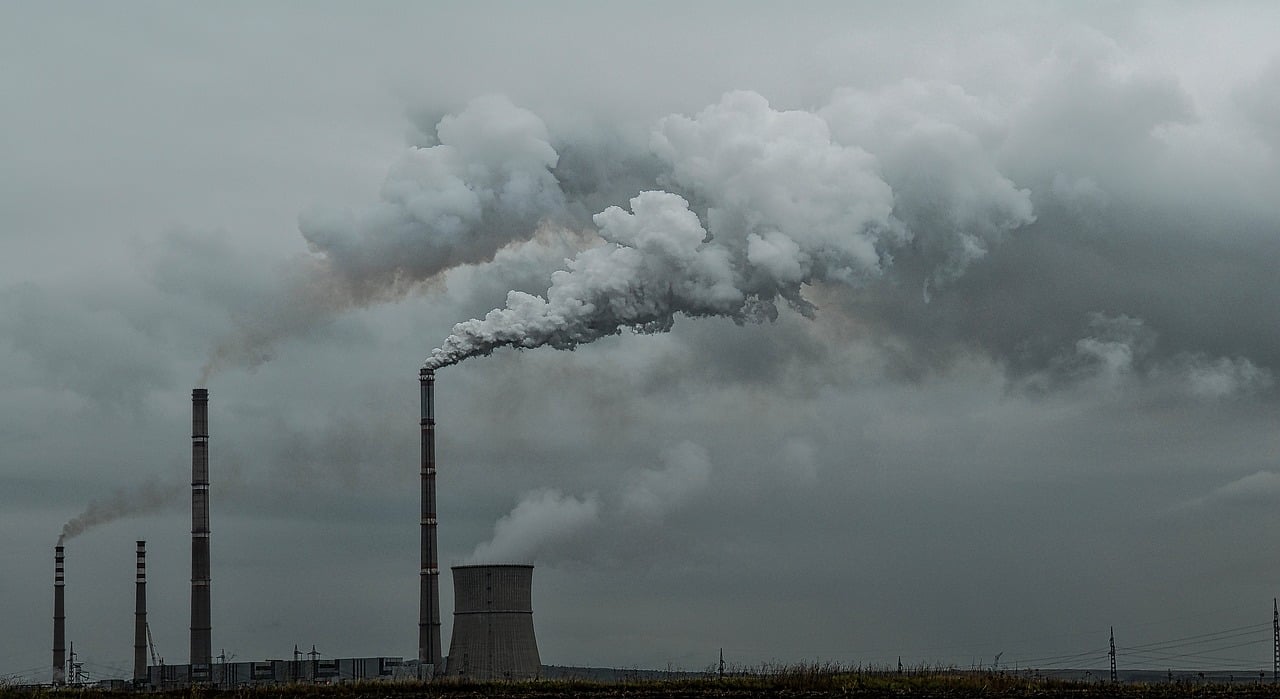SEC Denies JPMorgan’s Bid to Silence Shareholders; Other Major Banks Begin Taking Responsibility for Financed Emissions
Q4 2019 hedge fund letters, conferences and more
BERKELEY, CA—MARCH 12, 2020 - The U.S. Securities and Exchange Commission (SEC) recently held that JPMorgan Chase, the world’s largest funder of fossil fuels, must include a climate-related shareholder proposal on its proxy this year. The shareholder proposal, which the company sought to omit from its proxy, asks “if and how” JPMorgan “intends to reduce the GHG emissions associated with its lending activities in alignment with the Paris Agreement’s goal” of net-zero emissions by 2050.
Major Banks Commit To Measure Their Financed Emissions
Shareholder representative As You Sow has withdrawn similar shareholder resolutions this year with Wells Fargo, Goldman Sachs, Morgan Stanley, and Bank of America. Each bank has committed to undertake the important first step of assessing how to measure their full carbon footprints toward alignment with the Paris goal. Wells Fargo has made the strongest commitment to report on its progress in evaluating and measuring its lending emissions with the intent to inform an effort to set science-based targets.
JPMorgan has yet to agree to any specific commitment to measure its carbon footprint, let alone align it with the Paris Agreement’s well below 2 degree goal. As You Sow’s shareholder resolution with JPMorgan will go to a vote this spring, having withstood the company’s attempt to omit the resolution at the SEC.
Year after year, JPMorgan Chase & Co has held the top spot in terms of brown financing. “JPMorgan’s recent announcement to reduce financing of coal mining, certain coal-fired power plants, and Arctic project financing, which represents less than 1 percent of its current financing, is an important first step, but not sufficient to outweigh its other fossil fuel financing activities,” said Danielle Fugere, President of As You Sow.
“The global financial system has a small window of opportunity to reduce financing of high-carbon activities or risk catastrophic levels of global warming,” said Fugere. “Banks no longer have a free pass to fund high-carbon activities without regard to the impact of their actions. Shareholders are asking every company in which they invest — from banks to fossil fuel companies — to actively reduce their contribution to climate change in line with global temperature goals.”
U.S. Banks Lag Behind Their European Peers
U.S. banks have significantly lagged the progress made by their European peers. HSBC has committed to set a Science-Based Target. ING, BNP Paribas, Standard Chartered, and others have committed to measure the climate alignment of their lending portfolios against Paris goals. Investors thus welcome the recent commitments of certain U.S. banks to begin the process of assessing how to measure their financed emissions toward alignment with Paris goals.
“Hopefully this year’s commitments will lead to clear emissions reduction goals next year,” said Lila Holzman, As You Sow’s energy program manager.
Importantly, tools are becoming available to help banks measure the climate impacts of their portfolios. Several European and smaller U.S. banks, such as Amalgamated Bank, are participating in the development and adoption of initiatives to calculate and report banks’ full carbon footprints, for example, through the Partnership for Carbon Accounting Financials.
“With a number of clients cofiling this important resolution, we are pleased to see that major banks such as Wells Fargo, Bank of America, Morgan Stanley, and Goldman Sachs are recognizing the importance of measuring their financed emissions — greenhouse gas emissions resulting from their financing activities — and taking steps to measure their progress toward Paris-alignment,” said Tim Smith, Director of ESG Shareowner Engagement of Boston Trust Walden.





